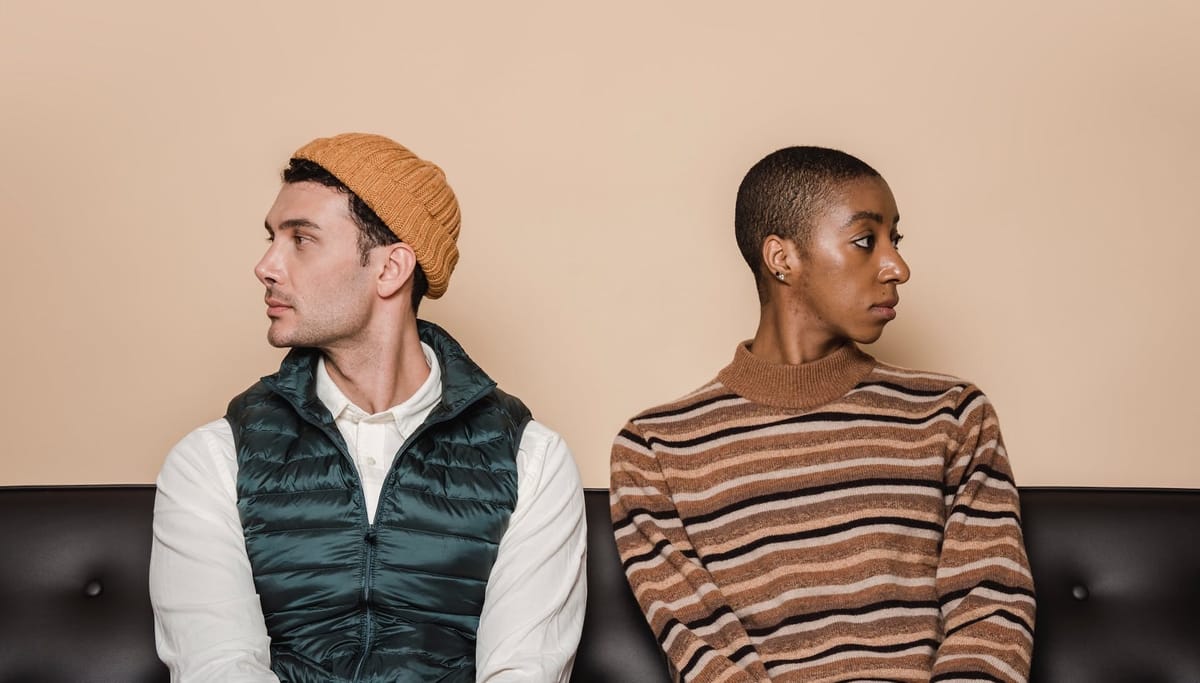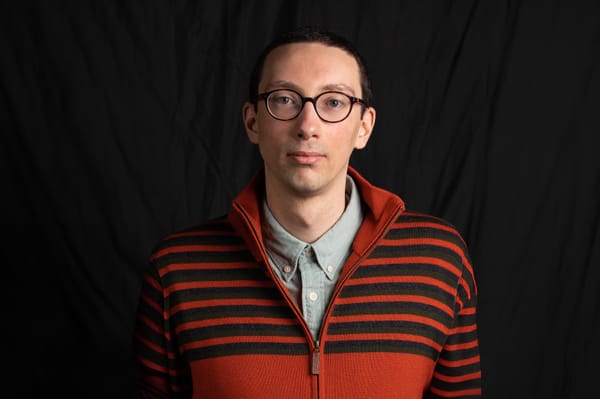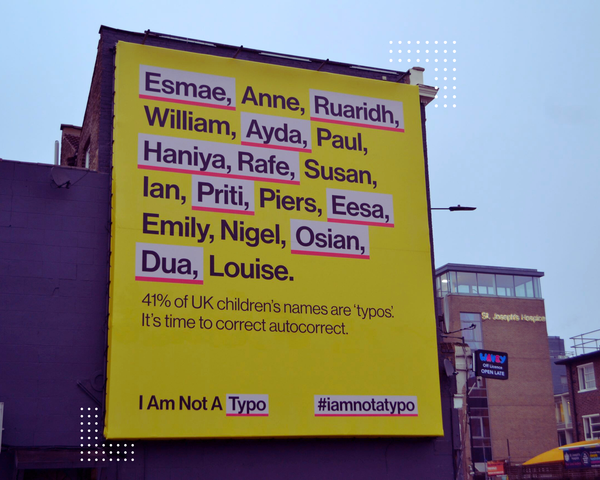If You're Like Me, Commitment Issues May Be a Sign of Relationship OCD
The internal struggles and eventual triumph over intrusive thoughts once cast doubt on my capacity for long-term love and commitment.

Access the Audio Read version of this article directly on Spotify for Podcasters.
When we think of commitment issues, a lot of us picture a hot young bachelor who’s busy breaking hearts and having one-night stands — not someone like myself, who’s in a committed relationship and looking to buy a house. But it’s time for me to come clean: the idea of spending “forever” with another person often freaks me out, and when I have finally committed to someone enough to enter into a relationship, my brain spends a lot of time and energy worrying whether the risk of commitment is worth the potential reward.
It wasn’t until last year that I learned these thoughts and worries weren’t the sign of a character flaw (or some intrinsic inability to be with another person long-term) but a real, diagnosable form of the obsessive-compulsive disorder called relationship OCD, or ROCD.
ROCD.net (Information on Relationship Obsessive Compulsive Disorder) refers to ROCD as “relationship-related obsessive-compulsive symptoms”, that may occur in “various types of relationships including people’s relationship with their parents, children, mentors, or even their God”. Research also indicates that “compared with the general population, OCD patients often report disturbances in relationship functioning, including lower likelihood of marrying and increased marital distress”.
I’m a lucky woman. Having been in an unhealthy relationship in the past, studied the workings of healthy versus unhealthy relationships at university, and volunteered with a US-based organisation dedicated to helping young people recognise and avoid abuse, I’m now well-trained in fostering equitable romantic relationships. The bond I share with my current long-term partner is communicative, supportive, and happy. It’s been this way from the start. So it was alarming to me when in late 2019, doubts about my commitment to my partner, my own capacity to love, and my ability to be with someone long-term began circulating in my head.
“Do I love him like I’m supposed to?”
“Why doesn’t my version of love look like other people’s?”
“Do I think about him enough when we’re apart?”
These thoughts were with me from the moment I woke up to the moment my head hit the pillow at night, heckling me during my commute to work, time with my family, and date nights. I worried that by staying in a relationship that I was never one thousand percent certain of, I was setting myself up for future heartbreak; at the same time, I fretted that if I couldn’t make things work in the happiest and healthiest relationship I’d ever been in, I would simply never succeed in a relationship. My brain began looking for evidence to justify my obsessive concerns: once, as my partner and I enjoyed cocktails at a bar downtown, the tealight on our table flickered and extinguished. “Our flame died!” my partner said because commenting on something that’s just happened in front of you and another person is normal. But my brain took this as an omen and ran with it. All weekend I couldn’t stop thinking: “Our flame died. Does this mean I don’t love him enough to keep it alive? Is our relationship over?”
My obsession over my capacity for commitment and love became toxic, something that distracted me from everything, including work. Worse, the thoughts I was having weren’t new — I’d experienced them in my last long-term relationship, and while that relationship probably would have met its eventual end for other reasons, it was my constant doubt that drove me to break things off with that partner. I feared that my existing relationship would meet the same end the previous one did, and I knew I didn’t want that to happen. If I were ever going to face my intrusive thoughts in order to be with someone, it would be for him.
After a month or so of trying and failing to shove my obsessive thoughts away, I began desperately Googling my symptoms in an attempt to find someone, anyone, who felt the same way I did. I received more results than I expected.
Though the sparse articles on sites like Healthline (which explains the biggest sign of ROCD is “having senseless worries and doubts about whether you love your partner, despite being happy in the relationship”) and PsychCentral (which lists polarised thinking, intolerance of uncertainty, and obsessive thinking as signs of relationship OCD) were helpful, it was the Medium articles and random blog posts I found by individual people with ROCD that were most comforting. By bravely sharing some of their most private thoughts with the Internet, these writers taught me that I wasn’t alone and that my thoughts were normal — and treatable.
With the help of my therapist, my psychiatrist, and some light reading, I’ve since gotten to a point where my relationship OCD is manageable. Though my obsessive thoughts certainly do resurface now and then (especially following certain triggers), they’re rarer and a bit easier to deal with. There’s a long road ahead. As my partner and I move in together, adopt a pet together, and achieve other relationship milestones, I’ll surely be challenged. But I know now that it’s a treatable mental illness, not my previously imagined shortcomings, that will present those hurdles. Best of all, I know that I’m capable of long-term love.





